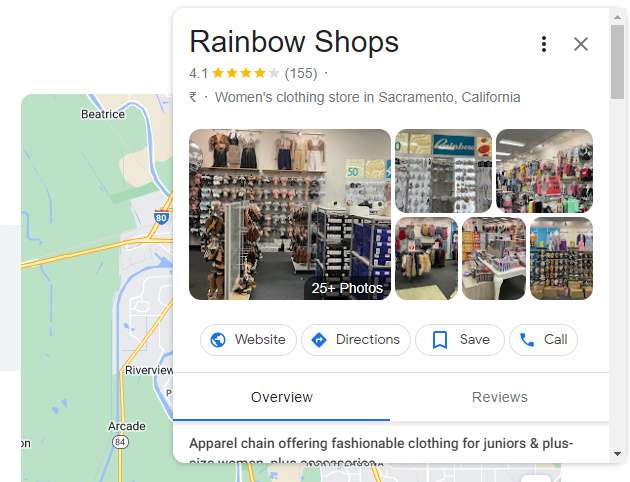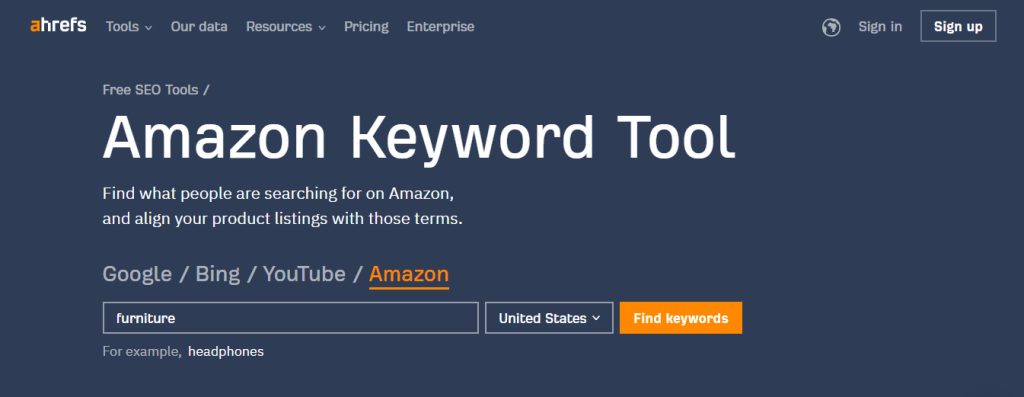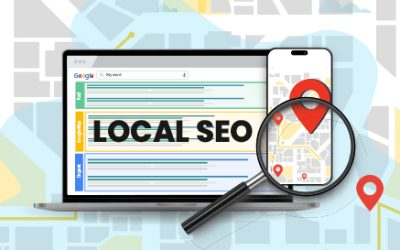Local SEO is critical for businesses in diverse sectors that plan to grow their presence in their local market and attract more customers. Retail business is no exception in this case. When it comes to SEO, retail is a very competitive industry. Implementing an effective local SEO content strategy can help to list a retail company on Google’s local results. As location binds most searches for retail products or services, showing up in the most relevant results is important when it comes to targeting local searchers.
Reports suggest that 90 percent of consumers tend to search for local retail businesses online. Incorporating innovative organic SEO strategies with a local approach can help retail companies to get featured among the top local search results. Hiring the services of a professional local SEO service company can help attract target audiences, build trust and thereby improve brand visibility.
What Does the Term Local SEO Mean for Retail?
In simple terms, local SEO or local search-engine optimization helps local shoppers locate a retail store in search engine results. Generally, there is a misconception that local SEO is important only for an online store. However, local SEO retail is just as important in attracting local customers to a physical location. Local SEO for retail helps brick-and-mortar businesses increase online visibility in a specific geographical area. In short, the ultimate goal will be to improve omnichannel selling by converting more online searches into in-store visits.
While considering the current changing retail landscape, more in-store visits leads to higher sales revenue. Therefore, it is important to ensure that people can easily locate a business. In fact, shoppers always tend to look for products and services near them. Therefore, optimizing online presence for the local target audience goes beyond working on your own website. Local SEO is hyper-focused on the specific location of a retail store. The strategy helps optimize online presence and drive traffic from a specific area to the website and foot traffic to a retail store.
Here are some top local SEO strategies good for a retail business –
- Keyword Research -When it comes to retail brands, keyword research is an important aspect. Having a clear understanding regarding what keywords potential consumers are using and how they are searching is vital when it comes to building your informational architecture and content strategy. Keywords should cover all stages of the fragmented user journey and hence need to be informational, navigational, transactional and intent-based. A number of keyword research tools are available that can be used such as Amazon’s keyword tool, as well as tools like Ahrefs. Amazon’s keyword tool can be used as this is a retail business and that platform involves high purchase intent. However, also make sure to analyze the competitor’s keyword research strategy. Once the site is up and running, review paid search data and choose keywords that are driving traffic and attracting more sales. By devising key optimization strategies, make sure the site is ranking on the first page, wherever possible, of all the major search engines.
- Optimize for Google My Business – Getting found online is one of the key factors that help drive traffic and sales. However, when it comes to local search, accuracy matters a lot. Google My Business (GMB) has become the core aspect of local search. As Google supports, verifies, and shares its own content generously, Google My Business is an ideal tool to help a business meet Google’s needs. To ensure that a retail business is optimized for Google My Business, it is important to –
- Create and verify a Google My Business page.
- Use Google posts within that account.
- Encourage customers to share reviews online
- Respond authentically to reviews, specifying location

By posting reviews and updating the contact information and operating hours, you can improve the experience for potential customers and help them locate your retail business online. If Google verifies a business page as authentic, the search engine could potentially reward a business with a coveted sidebar space in Google’s local search.
- Create Local Content – Posting relevant, high-quality content based on intent is very important for retail brands. Reports suggest that about 81 percent of retail shoppers conduct online research before buying. With so many people doing online research – and over 70 percent of this research coming from mobile phones – it is extremely important for a retail brand to have content that satisfies their needs. Make sure that the product pages and other category pages are filled with high-quality and unique content. Create content blocks or FAQ content on your product and other category as this will help rank for upper funnel and transactional keywords. Publish blog posts that provide users advice, tips and other content relevant to the brand. In addition, promote local industry gatherings, news, employees, and other educational content on your blog. In short, think of top-of-the-funnel content that goes beyond what your business sells.
- Structured Data – Structured data can help search engines understand the website content in a better manner and thereby improve visibility via Featured Snippets. When it comes to retail brands, the most important structured data type is product schema. All the products need to be marked up with product schema so that Google and other search engines can publish more information about products and get a better understanding of what a brand sells. Other important structured data types for retail stores and local businesses include – local business schema that posts address, ratings and reviews, website, geocoordinates, events, etc.
- Optimize Images – When it comes to retail, optimizing images for both product and non-product-related keywords is important. For instance, shoppers always wish to see a visual image of the product they want to purchase from multiple angles. Always make sure to optimize image file names, image size, formats, and alt text that help search engines better analyze images and display them in the image search results for relevant keywords. In addition, platforms like Pinterest and Instagram rely on images and are constantly updating their shopping features, so that brands can optimize their images and video assets for those powerhouse discovery channels.
- Mobile and Core Web Vitals (CWV) – Nowadays, mobile devices account for more than half of all ecommerce traffic. It is important for retail brands to ensure that their website is fully optimized for mobile, as more number of shoppers tend to search and buy products online using mobile devices. According to a study from cyber security firm Radware, 51 percent of online shoppers in the U.S. claimed if a site was too slow they would not complete a purchase. Make sure that the website is user-friendly, has easy-to-read text and clear calls to action. That helps ensure users interact with the main conversion points like buy products, sign up for rewards etc. In 2021, Google updated its algorithm to incorporate page experience as a ranking signal. It is important for a retail brand to ensure that their webpages load as quickly as possible – preferably under three seconds – and are optimized for Core Web Vitals. This can give the webpage a boost and that could make the difference in super competitive retail SERPs.
- Backlinks – Monitor the backlink profile to check whether your website has any links from spammy sites or broken backlinks. Make sure your links have a mixture of branded and non-branded anchor text. In addition, having too many exact match anchor text links can be harmful to a link profile. In short, to obtain high-quality links, always make sure to publish content that is helpful to end-users. Also, coupon link building is a great option for retailers.
Local SEO has become an important aspect for retail firms planning to expand their online presence. Incorporating local SEO into the marketing strategy is crucial to attract nearby customers to your retail store. As consumer behavior continues to shift to using the web more to research stores and find products, optimizing online presence to boost local SEO rankings is increasingly important. According to research, 81 percent of US consumers say being able to easily find a local retailer through searching online is important to them. Optimizing a retail website for local search will give potential clients a better idea about your company, the areas served, and also help attract prospective clients from the community served. Focusing on the above-discussed strategies can help improve a website’s performance in terms of better rankings on search engine pages. Relying on the professional services of a digital marketing services company can help implement these techniques and thereby improve rankings.
Planning to take your Retail Company to the next level?
Contact us at (800) 941-5527





